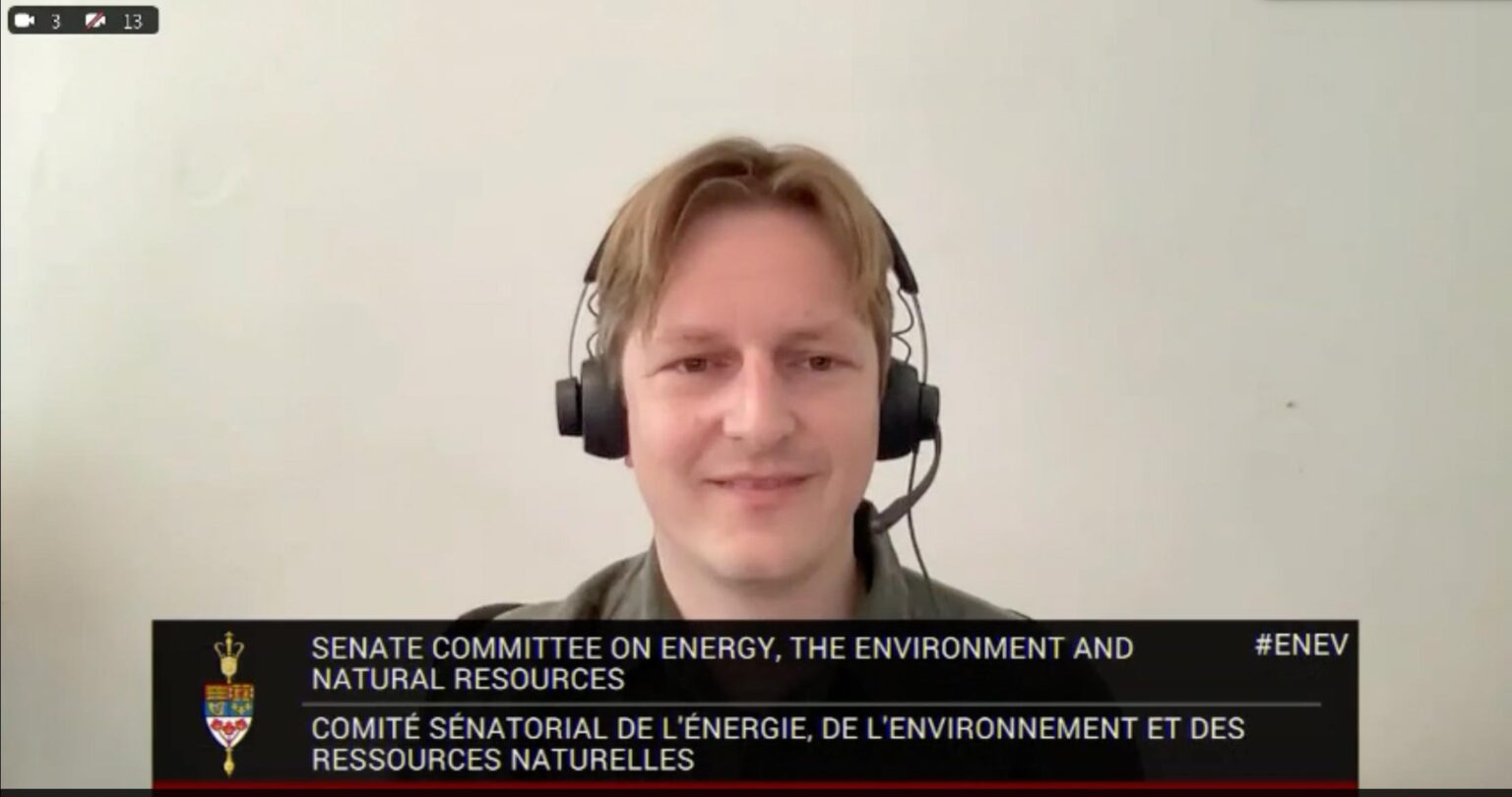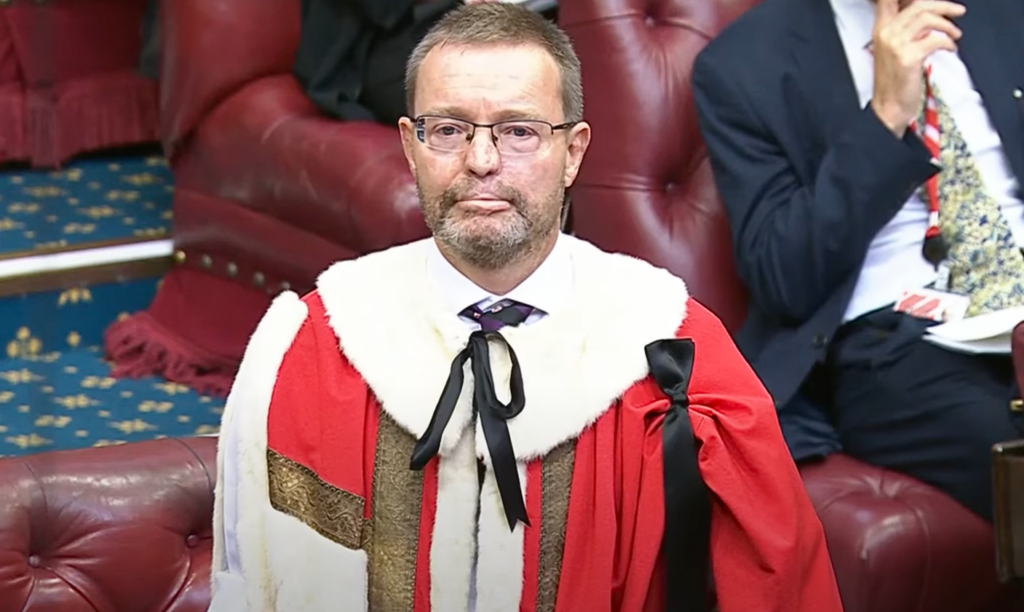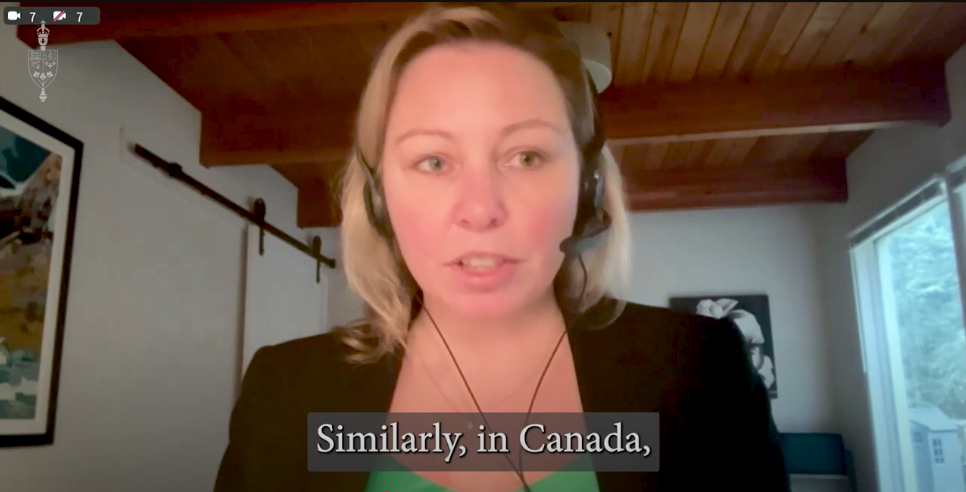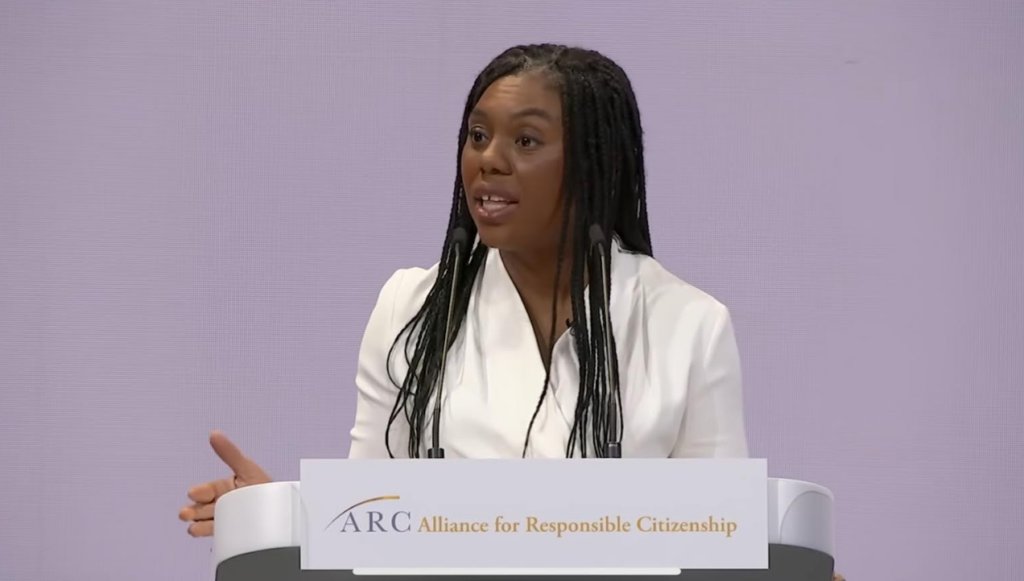[Editor’s note: Geoff Dembicki is the award-winning author of Are We Screwed? and The Petroleum Papers: Inside the Far-Right Conspiracy to Cover Up Climate Change. He’s also a regular contributor here at DeSmog. On Thursday, March 30, Dembicki addressed a senate committee on energy, the environment and natural resources. Here’s what he had to say.]
My name is Geoff Dembicki, and I’m an investigative climate change journalist. I’m the author of The Petroleum Papers, which was named a top 10 book of 2022 by the Washington Post. I’ve written extensively about the Canadian oil and gas industry for media outlets like The Tyee and DeSmog, as well as the New York Times, Rolling Stone and the Guardian.
I grew up in Edmonton, Alberta, and as a child my family would often visit a playground next to Imperial Oil’s Strathcona Refinery. It wasn’t until I became a journalist many years later that I learned what that refinery was doing to the global climate.
Yet Imperial Oil, which is owned by Exxon, has known about the catastrophic climate impacts of its business model longer than I’ve been alive. While researching my book, I read through hundreds of pages of internal documents from the company, which revealed that Imperial Oil was studying the link between fossil fuels and global warming as early as the 1970s.
That was more than a decade before NASA scientist James Hansen first brought climate change to the general public’s attention. Imperial Oil was so advanced in its understanding that in the early 1990s it privately studied how to fix climate change and concluded that a national carbon price could stabilize Canada’s emissions.
It also learned that this might result in lost revenues of $940 million. So Imperial decided to sabotage climate solutions. It wrote a list of talking points that executives should use when speaking with journalists and policymakers. They were instructed to stress the “many uncertainties” associated with stopping global warming.
A former employee at Exxon told me that if Imperial Oil had instead used its political weight to push for a carbon price in the early 1990s, “it would have been so much easier to address the crisis.” Yet by 1996, Imperial Oil was publicly denying climate change is even real. Its annual report claimed there is “widespread uncertainty” about whether humans are causing it.
In 2002, Imperial Oil helped set up a press conference in Ottawa, not far from where you’re now sitting, where several dozen of the world’s leading climate change deniers urged Canadian policymakers not to ratify the Kyoto Protocol. One of the speakers was Patrick Michaels, who’d earlier claimed that “the climate change issue is an overblown bunch of hooey.”
Two decades later, Imperial Oil is still trying to mislead the Canadian public. It is part of an organization called the Pathways Alliance, along with other oil sands producers, that is spending huge on advertisements saying the industry is committed to fighting climate change. They advertised on the front page of the Toronto Star, and during the Superbowl.
Yet in its own submissions to the federal government, the Pathways Alliance reveals that the goal of its “net-zero plan” is to expand oil production. Experts forecast oil sands production could rise 500,000 barrels per day within the next decade. Because of this disconnect, Greenpeace just filed a complaint about Pathways Alliance to the Competition Bureau Canada, accusing it of false and misleading advertising.
Meanwhile, after their most profitable year ever, oil producers are asking the federal government to give them billions of dollars in taxpayer money to pay for carbon capture and storage technology. Why? Because the industry isn’t even confident it will work. Imperial Oil told its own shareholders in 2021 that the technology is “economically challenged.”
The oil and gas industry is not and has never been a climate leader.
Before the Standing Senate Committee on Energy, the Environment and Natural Resources takes any more of its climate promises seriously, it should learn the full extent of the industry’s history when it comes to climate change: what companies here privately studied, and how they misrepresented the science and solutions to Canadians.
In the U.S., Congress just spent a year investigating the oil and gas industry’s disinformation campaigns. Some of the companies that were subpoenaed, including Exxon and Shell, have extensive operations in Canada.
The Senate should pick up the investigation, so that Canadians can finally learn how many missed opportunities we’ve had to get the emergency under control.
Subscribe to our newsletter
Stay up to date with DeSmog news and alerts







